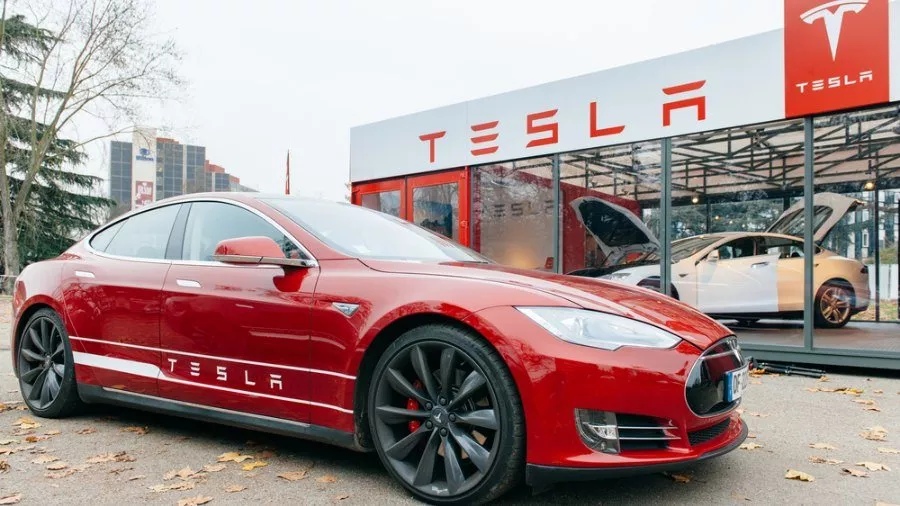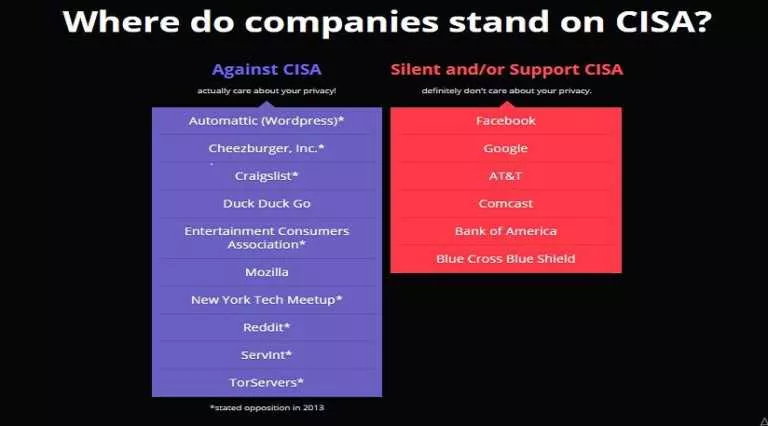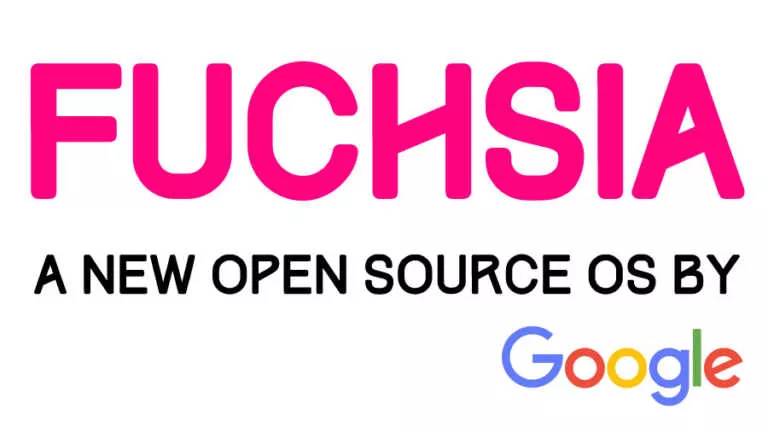Tesla Patents New Neural AI Chip To Improve Self Driving Ability

Tesla has filed a series of patents which confirms that the company is working on a new AI chip which will work as a “neural net accelerator” for its Autopilot Hardware 3.0 computer upgrade.
The release of the upcoming upgrade will replace Tesla’s currently used Autopilot 2.0 platform and enable full self-driving capabilities in the car.
According to a patent filed with USPTO, traditional processors can quickly perform single mathematical operations, but it has a limitation: such processors can only work on a small amount of data at a time.
While GPUs can execute multiple tasks with larger datasets, they weren’t originally developed for machine learning and AI. The patent reads:
“Processing for machine learning and artificial intelligence typically requires performing mathematical operations on large sets of data and often involves solving multiple convolution layers and pooling layers.”
To overcome this, Tesla had to develop a new neural AI that can conduct “machine learning and artificial intelligence specific processing operations.”
So, the automotive firm filed a handful of patents for:
- an accelerated mathematical engine
- a Computational Array Microprocessor system with a variable latency memory access
- a Computational array microprocessor system using non-consecutive data formatting
- a Vector Computational Unit.
Tesla CEO Elon Musk has even asked his employees to test the Autopilot Hardware 3.0. Hot Hardware reports that “employees who own a Tesla and serve as a beta tester will have the Full Self-Driving (FSD) package installed into their vehicle at no cost.”
Meanwhile, Musk says that Autopilot Hardware 3.0 will be made available in the next few months. Tesla hopes that the enhanced capabilities of the next upgrade will improve car’s self-driving abilities and make it less prone to accidents.
Also Read: Android Q Will Bring Native Support For More Secure 3D Face Recognitio






